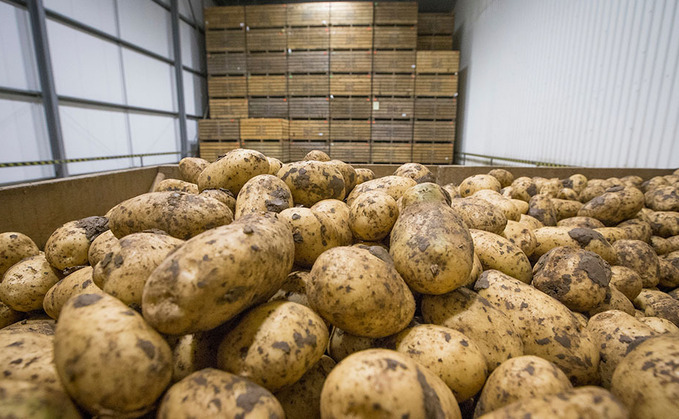
Achieving sprout suppression results equivalent to those provided by chlorpropham (CIPC) is ‘within reach' using combinations of existing sprout suppressant technology and new physiologically-targeted...

Achieving sprout suppression results equivalent to those provided by chlorpropham (CIPC) is ‘within reach' using combinations of existing sprout suppressant technology and new physiologically-targeted...